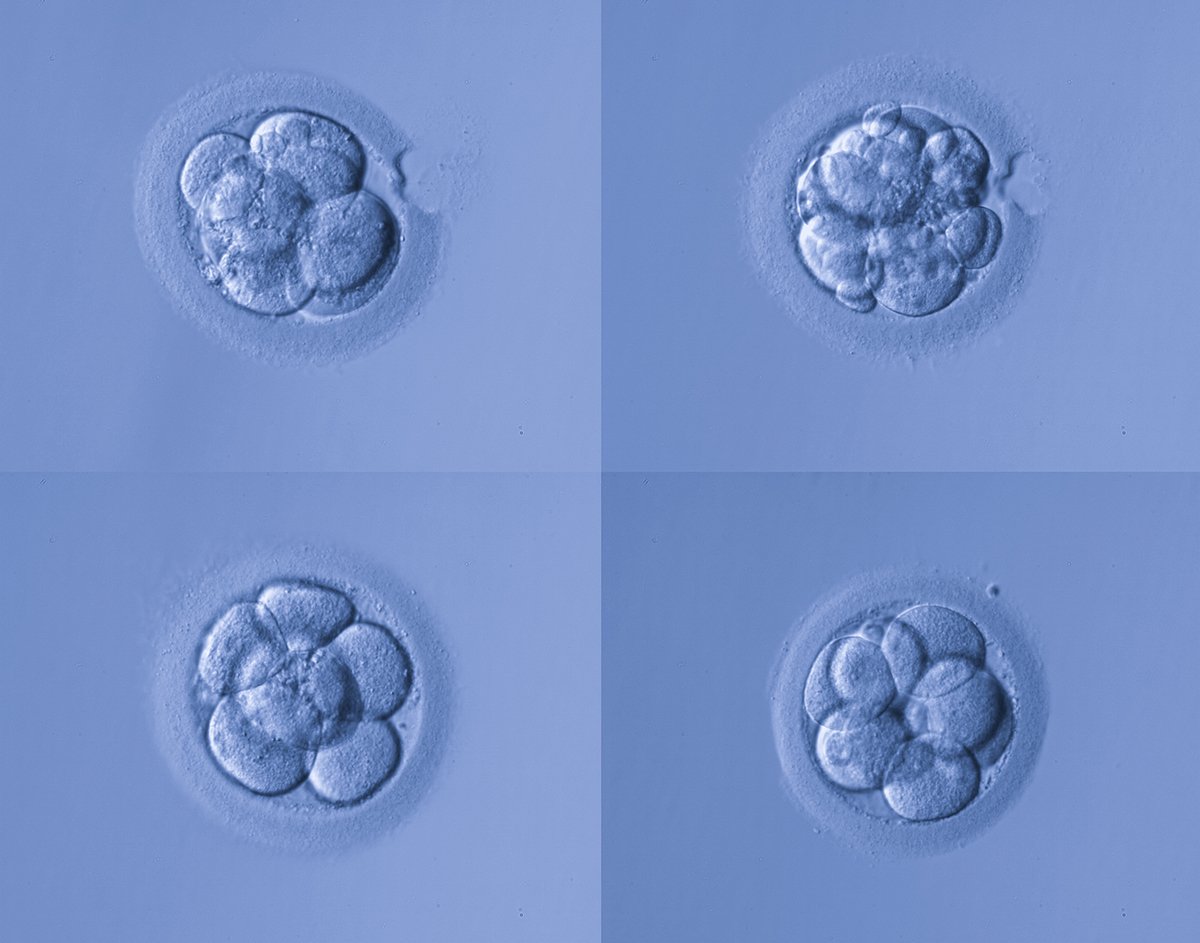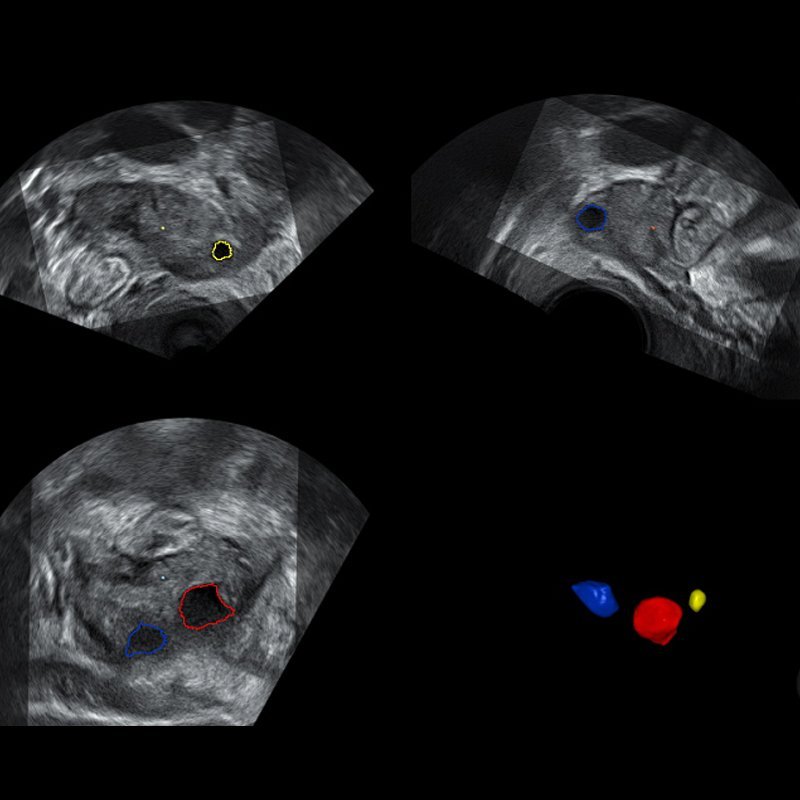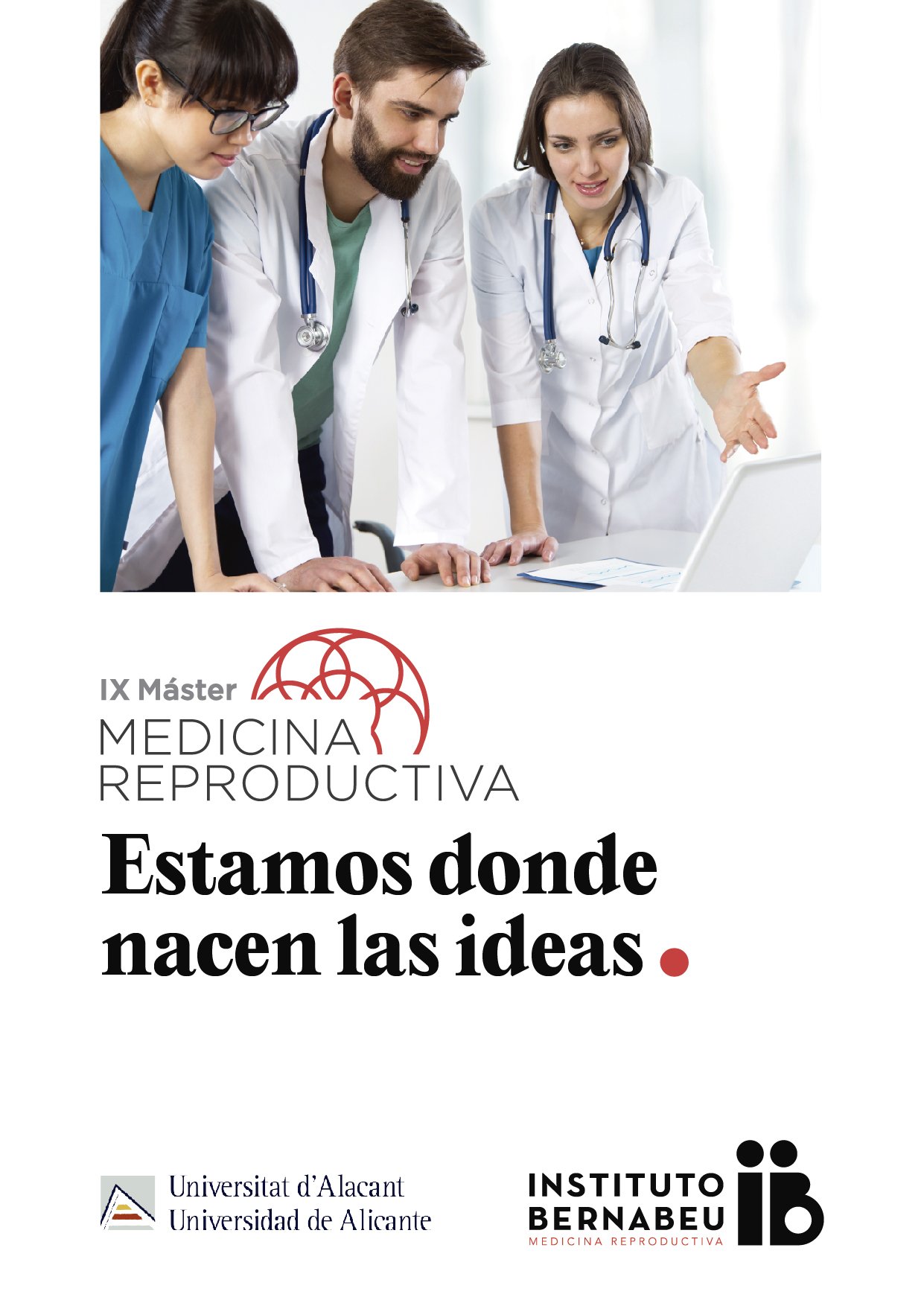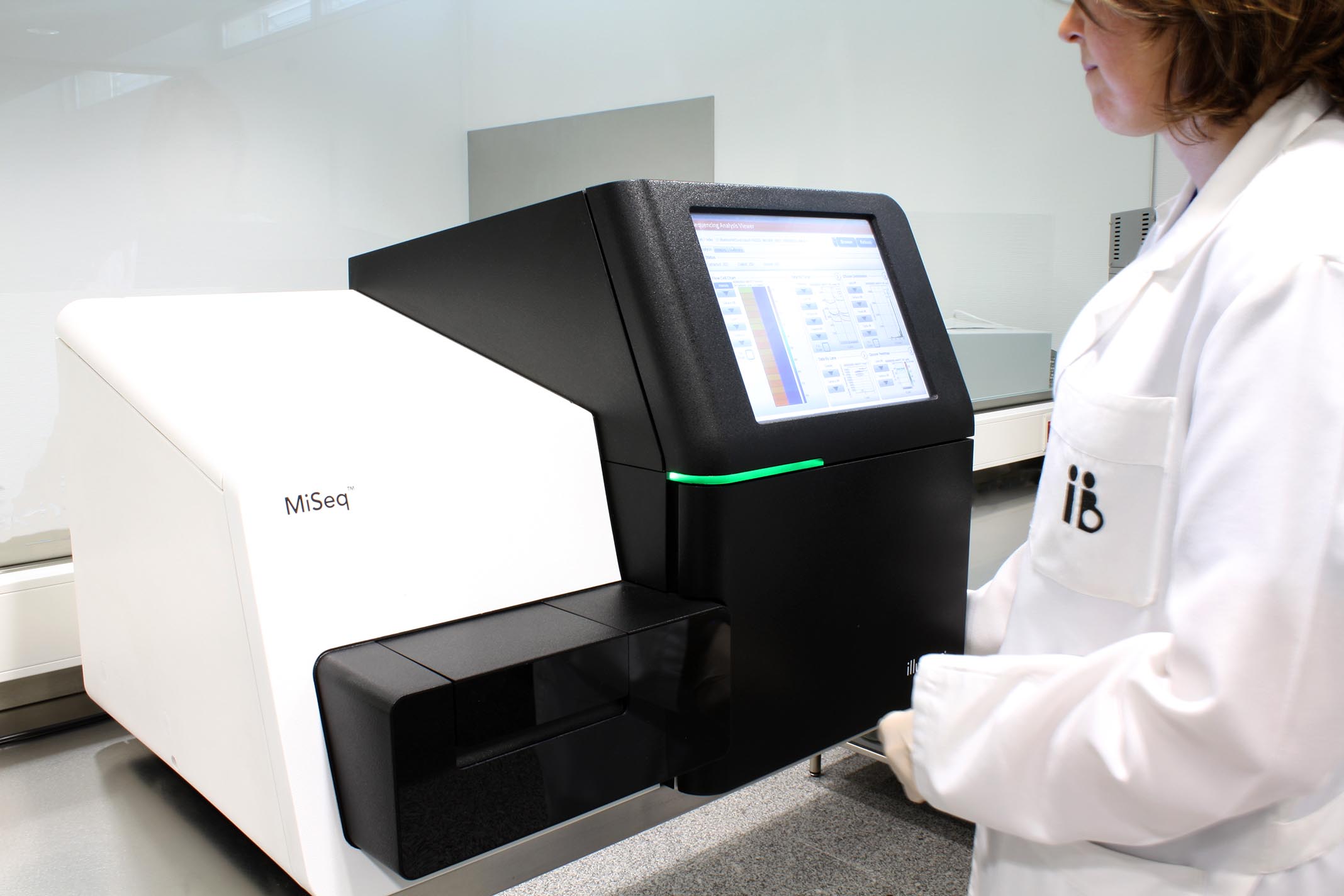Attualità
The enzyme methylenetetrahydrofolate reductase (MTHFR) is involved in the metabolism of folic acid which is an essential nutrient for reproduction and pregnancy. There are studies that relate variants in the MTHFR gene with alterations in the embryo and problems with the pregnancy. The variants C677CT and A1298C are the most relevant. The aim of this study, accepted to be presented in a poster at this year's congress of the European Society of Reproduction ESHRE, was to study the relationship of these genetic changes with chromosomal abnormalities in the embryo and with the probability of pregnancy (ongoing pregnancy rate) after the transfer of chromosomally normal embryos
A breakthrough in the diagnosis of low ovarian reserve linked to Interleukin-10 levels
A new research from Instituto Bernabeu associates the state of the patient's cytokines with the diagnosis of low ovarian reserve and response. The conclusions of the work were presented in the last edition of the European Society of Human Reproduction and Embryology (ESHRE) congress, which took place between the 6th and 9th of July.
Instituto Bernabeu and the University of Alicante (UA) will manage the 9th edition of the Master's Course in Reproductive Medicine for the 2020-2021 academic year. The aim is to provide experts from the world of health sciences with excellent and comprehensive training in the field of reproductive medicine.
A new study developed at Instituto Bernabeu has been accepted for presentation at the European Society of Human Reproduction and Embryology (ESHRE) Congress held between the 6th to 8th of July. For this project, 5286 embryos from 1822 cycles between October 2014 and April 2019 were included. The study showed that the segmental alterations were located at the ends (telomeres) of the chromosomes (58.2%).



